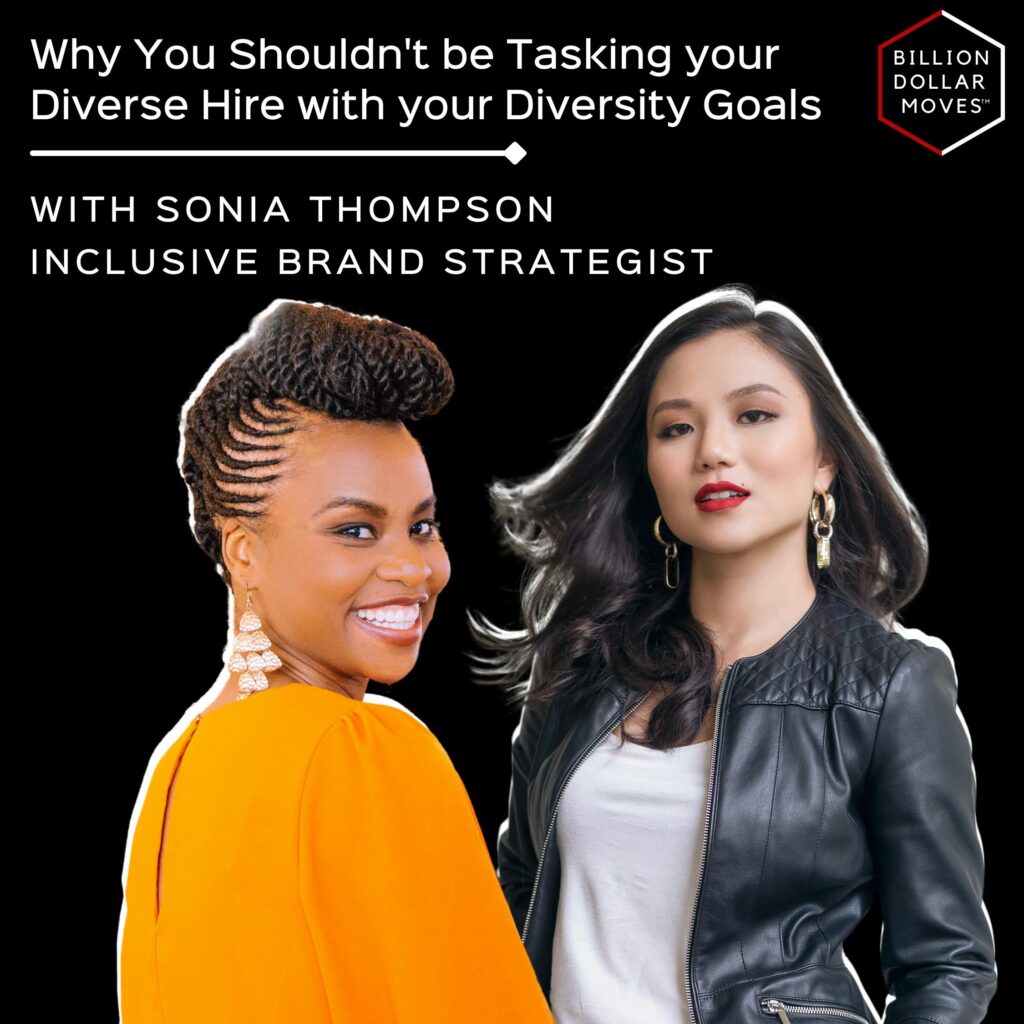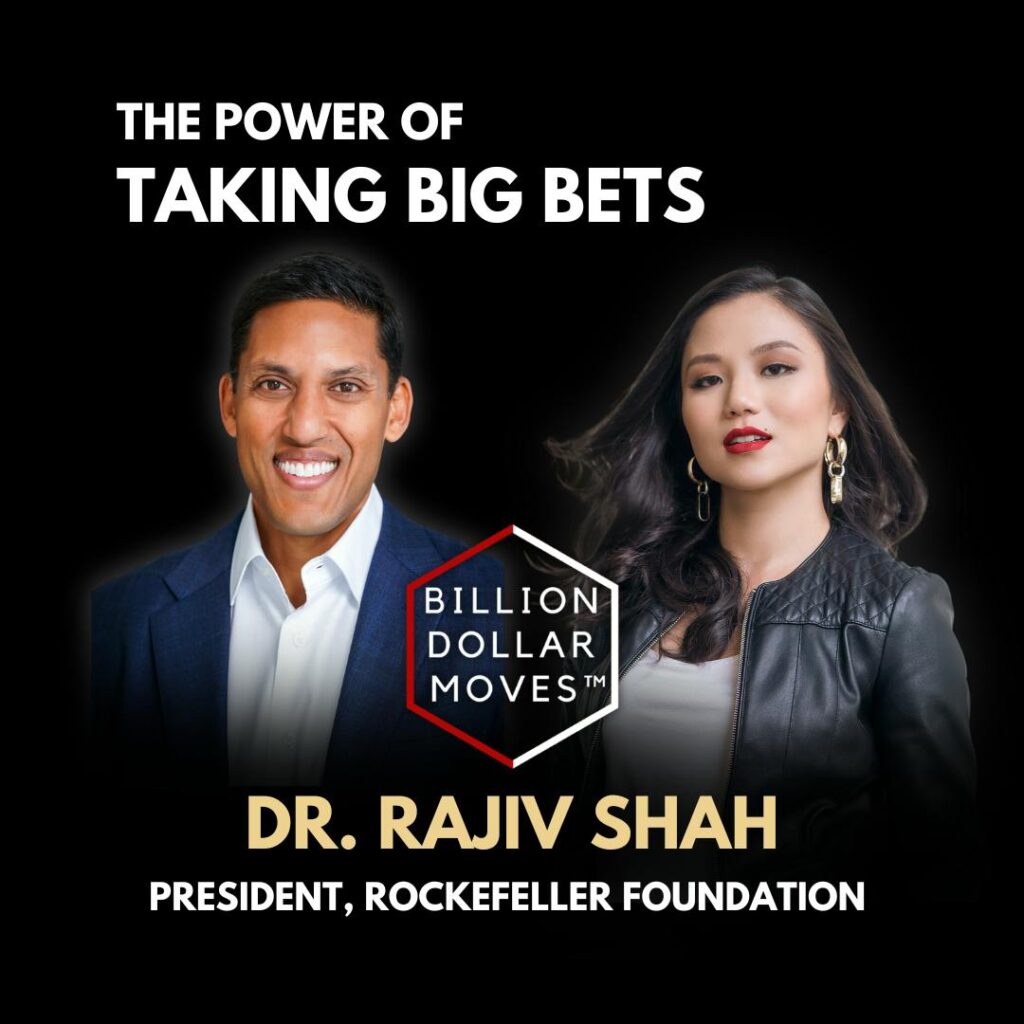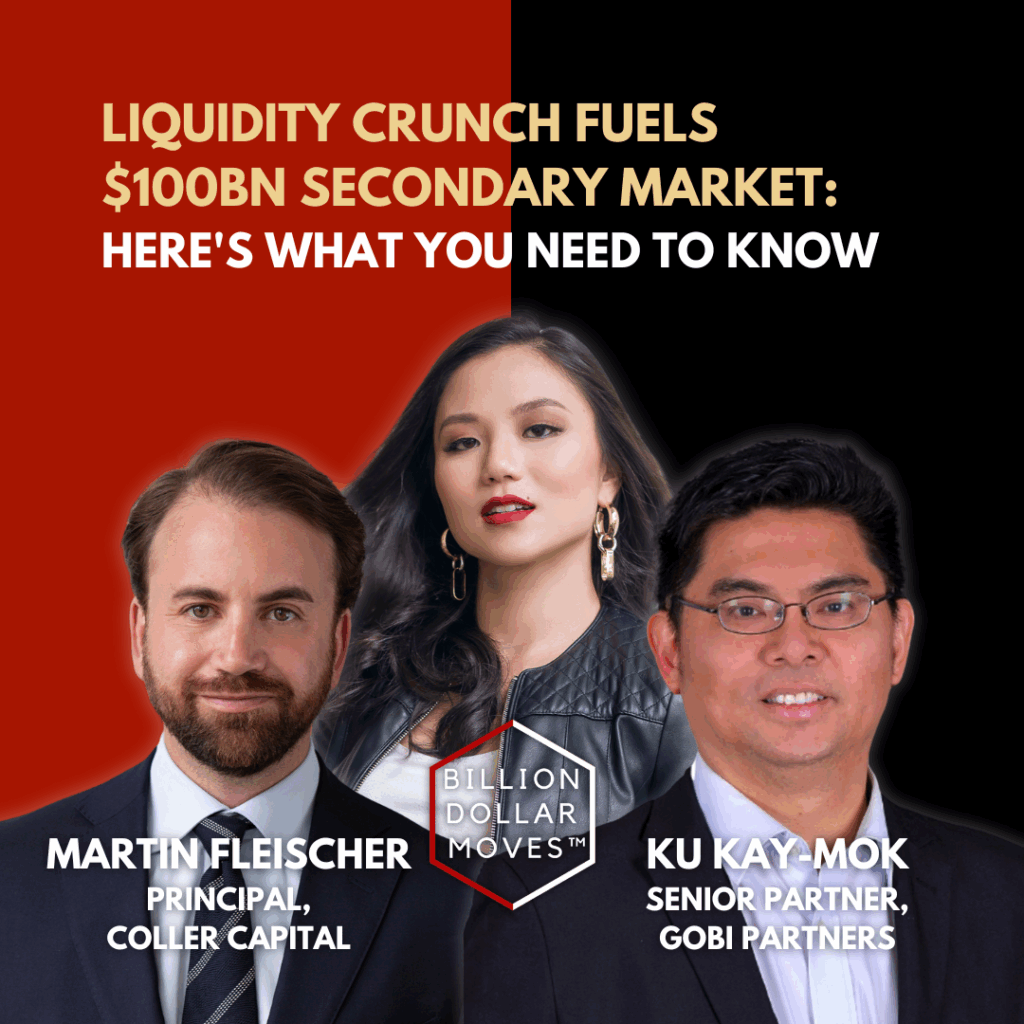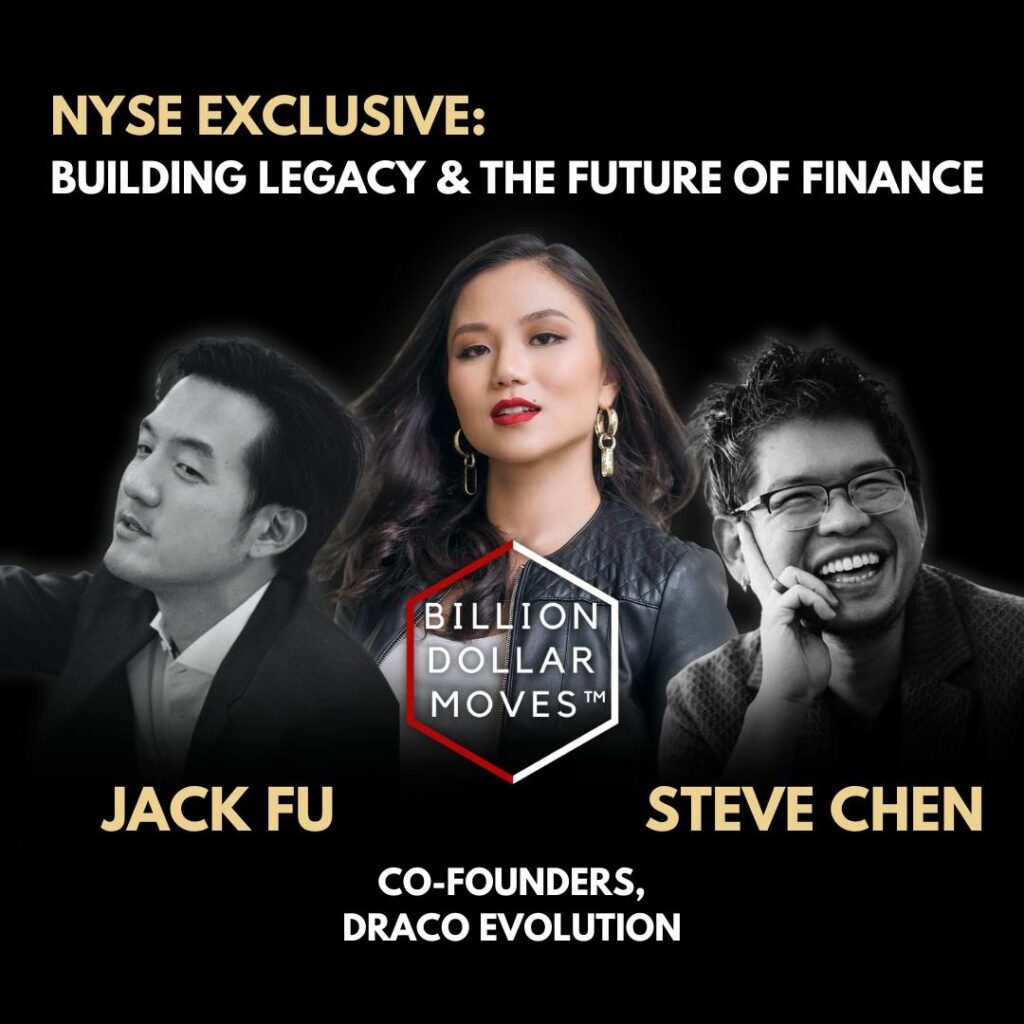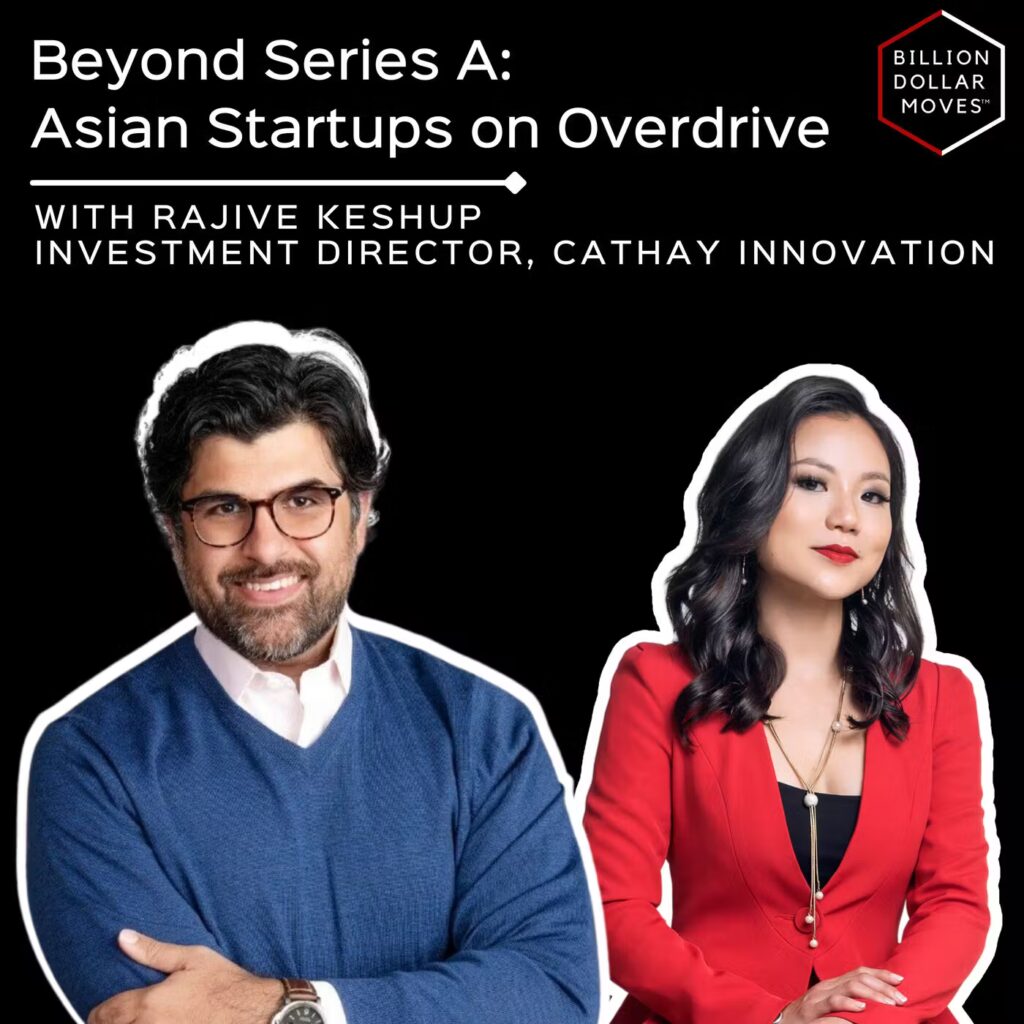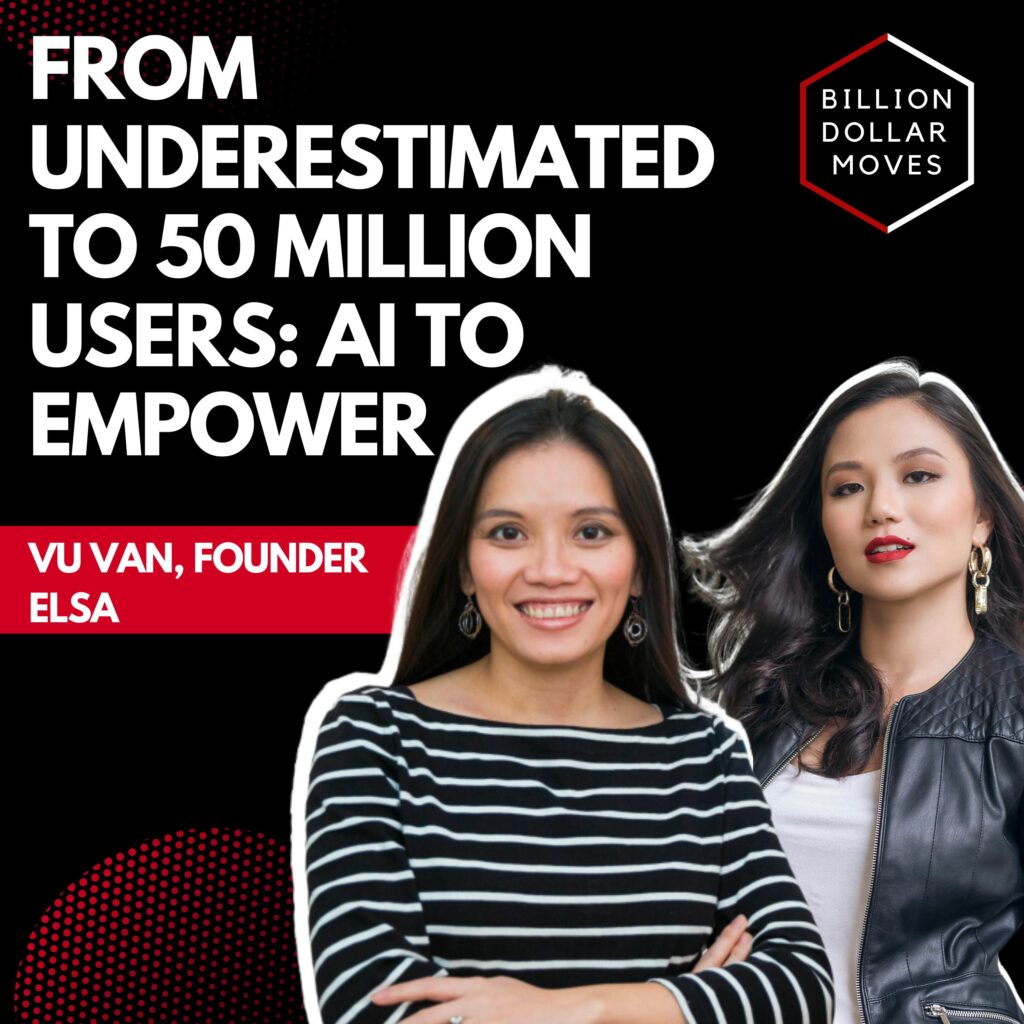As Asia continues to present key growth opportunities, how are dynamics between LPs and GPs evolving? In the current environment, how should emerging managers approach LPs? Will the going be tougher for first-time fund managers raising debut vehicles? Will operating across different cycles prove to be an advantage?
Key Takeaways/Timestamps
0:00 Intro
3:12 Opening: Tsubasa Suruga (Moderator)
3:46 Takeaway 1: Tendency to just go re-ups & familiarity as part of assessment for investment
6:21 Takeaway 2: Bifurcation between first-time funds
7:40 Takeaway 3: Attributes of successful first-time fundraisers
12:36 Takeaway 4: LP’s view on first- or second-time fund managers
15:05 Takeaway 5: Diversifying strategies and portfolio: 2 types of LPs
17:54 Takeaway 6: Takes on new investors venturing into Asia market
20:04 Takeaway 7: How can GPs differentiate themselves in this current environment #1: Finding your niche
24:15 Takeaway 8: How can GPs differentiate themselves in this current environment #2: Seek diversity in team
26:03 Takeaway 9: Blending private sector capital with DFI capital in emerging market to create sustainable investments
30:32 Takeaway 10: Takes on impact and sustainable investing
32:11 Takeaway 11: How can GPs differentiate themselves in this current environment #3: Relationship building and identifying strengths
33:50 Takeaway 12: Sarah’s Takes on US market
–
This is a snippet from a panel took place at PEVC Summit 2022, titled Backing Emerging Market and First Time Managers in Adverse Time. An insightful discussion was carried out on the VC market trends in Asia, challenges and what it takes for first time managers in this ever changing environment.
Speakers:
Soo Yar-Ping, Partner, Primary Investments, Adams Street Partners
Huai Fong Chew, Regional Lead, East Asia & the Pacific PE Funds, IFC
Dave Richards, Managing Partner, Capria Ventures
Sarah Chen-Spellings, Co-Founder and Managing Partner, Beyond The Billion (launched as The Billion Dollar Fund for Women)
Tsubasa Suruga, Staff Writer, Nikkei Asia (Moderator)
FULL VIDEO:
The LP View – Backing Emerging Managers in Adverse Times | PEVC Summit 2022
–
PODCAST INFO:
Podcast website: https://billiondollarmoves.com
Watch on Youtube: https://tinyurl.com/sarahchenglobal
Join the community: https://sarah-chen.ck.page/billiondollarmoves
FOLLOW SARAH:
LinkedIn: https://linkedin.com/in/sarahchenglobal
Instagram: https://instagram.com/sarahchenglobal
X/Twitter: https://x.com/sarahchenglobal

